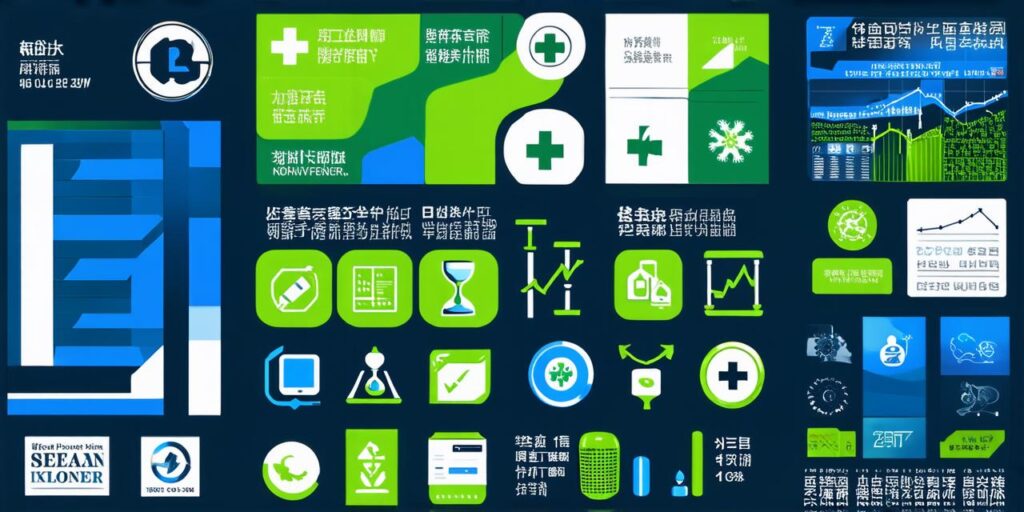If you have recently tested positive for COVID-19, it is important to understand how long you should isolate yourself from others to prevent spreading the virus.
Here are some guidelines to help you determine how long you should spend in isolation:
If you are fully vaccinated and not experiencing any symptoms, you can end your isolation after 7 days. However, it is still recommended to monitor yourself for any potential symptoms and continue to wear a mask and practice good hygiene for an additional week to be extra cautious.
If you have recently recovered from COVID-19 and are not currently experiencing any symptoms, you can end your isolation after 7 days. Again, it is recommended to continue wearing a mask and practicing good hygiene for an additional week to be extra cautious.
If you are not fully vaccinated and not previously infected with COVID-19, you should stay in isolation for at least 10 days from the onset of your symptoms or the date of your positive test. If you experience any symptoms during this time, it is important to continue isolating yourself until your symptoms improve and you are no longer contagious.
It is also recommended that all close contacts of individuals who have tested positive for COVID-19 be tested and monitor themselves for symptoms. Close contacts should stay in isolation until they receive a negative test result or their symptoms improve, whichever comes first.
It is important to note that these guidelines are subject to change based on new information about the virus and its transmission. It is always best to consult with your healthcare provider or public health officials for up-to-date guidance.

In summary, if you have recently tested positive for COVID-19, it is important to stay in isolation for at least 7 days, and longer if you are not fully vaccinated and have symptoms. Close contacts should also be tested and monitor themselves for symptoms. It is always best to consult with healthcare professionals or public health officials for the most up-to-date guidance.


